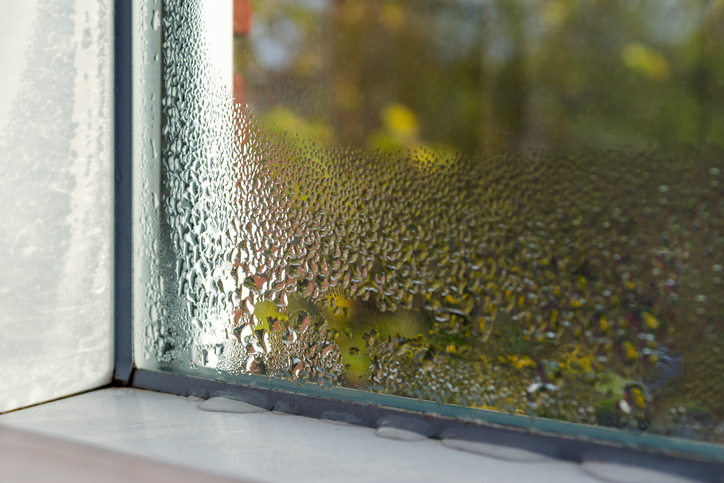
Lower Your Home’s Indoor Humidity With These Tips
Hot, humid summer days can sometimes feel unbearable, especially under the blazing Florida sun. While some humidity can keep your skin hydrated and help with sinus aggravation, too much indoor moisture can cause mold growth that can be detrimental to the health of residents, especially those that are allergic. Excess moisture can also create condensation that can lead to structural damage and wood rot. To avoid these issues, use these tips from LIBERTYAIR Air Conditioning & Heating to help reduce the humidity in your home.
For more information about your home’s indoor air quality, contact LIBERTYAIR Air Conditioning & Heating today to schedule an appointment for all your HVAC needs.
Use Your Air Conditioner
As cold air is pumped through the house, the air conditioner also removes any warm, humid air inside the house. Making sure the air conditioner is tuned up and that the air filters around the house are frequently changed can help ensure your AC system continues to work proficiently. Additionally, planned maintenance can be beneficial for the longevity of your HVAC system and should be scheduled at regular intervals to ensure everything continues to run smoothly.
Actively Use Your Ventilation Fans
Although exhaust vents can be a bit loud when doing some cooking or when taking a shower, they can be key to removing any excess humidity created by showering, boiling water, or other activities. It’s important to keep these fans running even after the activity is over, as this helps remove any remaining moisture that is in the air.
Take Colder Showers
We all love taking a nice hot shower at the end of a long day, but this could be a cause of increased humidity throughout your home. Hotter showers produce more steam, which in turn causes an excess of humidity. By lowering the temperature of your showers by only a couple of degrees, less steam will be produced, resulting in lower humidity levels.
Fix Any Leaking Pipes
From structural damage to increased water bills, leaking pipes are a homeowner’s nightmare and bring with them a slew of issues, including increased indoor humidity. Often, gutters are the main cause of an indoor water leak, so it’s important to make sure that the downspout is directed away from your home and extends at least 6 feet. If you find a leaking pipe, make sure to fix any leaks promptly and wrap any exposed pipes with insulators to keep condensation from forming.
Invest In A Dehumidifier
Investing in a dehumidifier can go a long way when it comes to reducing humidity inside of the home. Smaller dehumidifiers can work as standalone appliances, while larger variants go inside the furnace air handler and remove moisture from the air as it passes through. Not only is this beneficial in removing humidity throughout the home, but this can also help reduce humidity from forming on the air conditioner, reducing the likelihood of issues arising within the unit.
Move Your House Plants
While house plants can be quite beautiful, they do release their fair share of moisture. If there are a lot of indoor plants, this could cause your indoor humidity levels to increase. If your home is too humid, we recommend a temporary relocation to either a single well-ventilated room or to a safe place outside.